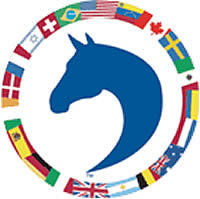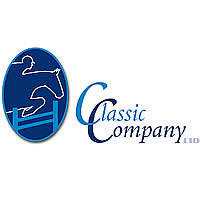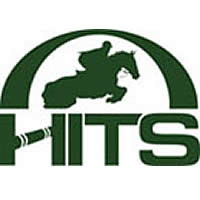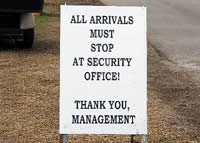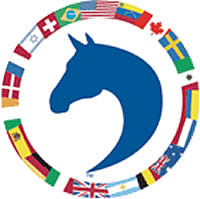Wellington, FL – February 27, 2013 – Equestrian Sport Productions announces that developments have occurred at Palm Beach International Equestrian Center (PBIEC). A horse stabled in Grand Prix Village (outside of PBIEC) has been tested for EHV-1 and tested negative for the nasal PCR swab, but positive to the blood test. That horse has not shown any neurological symptoms and there are no positive tests on horses on the PBIEC property. There are no sick horses on PBIEC property.
The previous biosecurity protocols that were enacted on February 22 have still been in place and will remain until further notice. ESP is asking all equestrians, especially those stabling off PBIEC property, to enact biosecurity protocols and be proactive and responsible for their horses, including daily temperature charts.
The horse that was tested was never on the PBIEC property and was isolated on the private property in Grand Prix Village. However, two horses from that Grand Prix Village Farm were moved into the “FEI Stabling” at PBIEC. Within FEI Stabling, those two horses had no other horses directly next to them or behind them, and those two horses couldn’t touch noses with other horses. The closest horses to the two exposed were across a 12-foot aisle.
On the evening of Tuesday, February 26, the two horses from Grand Prix Village that were in FEI Stabling were moved back to their farm in Grand Prix Village on the recommendation of the State Veterinarian and that farm in Grand Prix Village is under quarantine.
Since those two horses from Grand Prix Village were in the same barn as the horse that tested positive through blood and were then in FEI Stabling, the State of Florida Department of Agriculture has temporarily closed FEI Stabling.
Consequently, horses in FEI Stabling will be monitored closely. The FEI Stabling will be closed with no horses arriving or leaving until tests come back at approximately 4 pm tomorrow, February 28, on the two horses that were in the Grand Prix Village Farm and then FEI Stabling.
Today’s two $5,000 CSIO Welcome Stake classes have been cancelled and the prize money will be added to the Ruby et Violette WEF Challenge Cup Round 8. For Thursday, February 28, the schedule will start with the G&C Farm 1.45m (class 1003), followed by the Hollow Creek Farm Young Rider, Junior, and Children’s Classic classes (106, 107, 108).
Announcements about the $43,000 Ruby et Violette WEF Challenge Cup Round 8 will be released as soon as possible.
On Thursday, February 28, the $35,000 G&C Farm Puissance has been postponed indefinitely.
The WEF Sport Horse Auction at The Stadium at 7 pm will proceed as planned.
For those interested in more information on EHV-1, please visit www.equestriansport.com to read an informational report by the University of California-Davis.
For more information on Equestrian Sport Productions biosecurity protocols, please call 561-793-5867.
Please visit www.equestriansport.com or call 561-793-5867 for more information.
Jennifer Wood Media, Inc.
Equestrian Public Relations
info@jenniferwoodmedia.com
